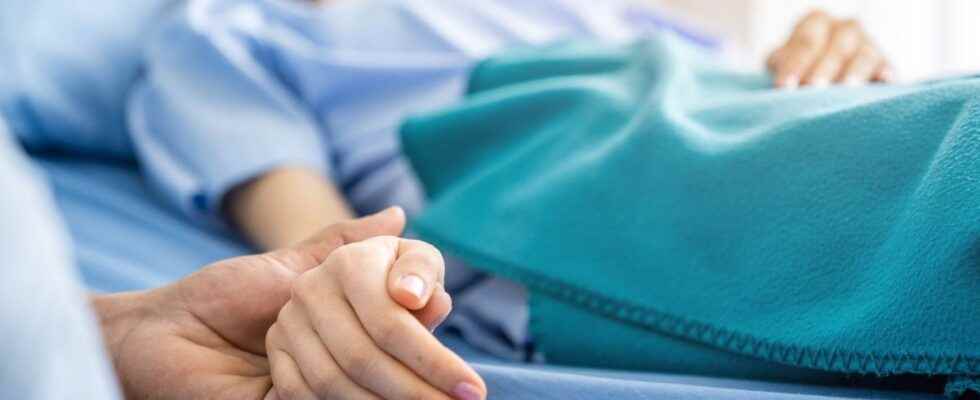Posted ,
Reading 2 mins.
According to an American study presented at the Chicago Cancer Congress, cancer patients could “delay” the moment of their death in order to see their family one last time.
Could the sick postpone their death? According to the latest study published in the Journal of Clinical Oncology, yes.
More deaths during the holidays
To confirm this hypothesis, a New York oncologist, Kanan Shah, recorded the day of death of more than ten million cancer patients between 2000 and 2017.
“Each year, death rates increased gradually from Monday to Thursday, peaked on Friday and Saturday and decreased on Sunday“, can we read in the study.
Scientists also found a 3.4% difference in mortality between Friday and Monday.
In addition, deaths increased after the holidays, especially in December and January, during the Christmas holidays.
The type of cancer influences the time of death
The type of cancer also played an important role: people with breast or prostate cancer were more likely to die during the holidays than those with lung cancer.
A psychological effect
Delaying the moment of his death would not be a coincidence, according to Kanan Shah.
“In fact, these terminally ill patients have a start. They want to see their loved ones, their family one last time, before they die. But their relatives work during the week, so they come to the hospital as soon as they can, Thursday evening, Friday, Saturday. At that moment, they say goodbye… and right after, the patients let go psychologically, and their bodies too. There is a spike in deaths. It’s the same after the Christmas holidays“, details the oncologist. Hence the name “holiday effect” a time attributed to this phenomenon.
This work highlights the importance of improving end-of-life care in order to better support patients, including when their family is present.
Consult an oncologist online
Advanced cancer: the different side effects
Advanced cancer can cause multiple physical discomforts. These effects depend on the type of cancer and the areas where it has spread and the treatments implemented. Among them are:
- Constipation;
- Dehydration;
- Difficulty breathing;
- Significant fatigue;
- Loss of appetite and weight;
- A dry mouth;
- infections in the mouth or throat;
- Nausea and vomiting;
- Bone and nerve pain;
- Bed sores;
- Itches ;
- Sleep disorders.
Although these effects are difficult to control, the care team can try to reduce them in order to relieve the patient.
